When I began car maintenance, the variety of OBD2 scanners available was overwhelming. Here's my journey with cheap and expensive scanners; each story shares real-life experiences.
The Cheap OBD-II Scanner: An Unexpected Savior

I will never forget my first experience using an affordable OBD2 scanner: on a hot summer day, my old Honda Civic's check engine light came on while traveling through unfamiliar terrain. Feeling frustrated and distressed, I stopped by an auto parts store after some Googling. I purchased a $30 scanner—a small yet lifesaving device in that moment of despair.
Once I plugged it in, the scanner quickly identified a loose gas cap as being at fault for my check engine light being illuminated. Once tightened and cleared off of code, my check engine light went away quickly, and my peace of mind increased significantly - I was back out driving within no time, feeling empowered that this little device had helped prevent an otherwise stressful road trip from turning into one!
To understand the difference between a basic code reader and a full-featured scanner, check out our guide on OBD2 scanner vs reader for a detailed comparison.
Learning the Limits
Once again, my Civic started misfiring intermittently, prompting me to pull out my trusty cheap scanner for quick answers. Instead, the scanner displayed an obscure code P0300 for random/multiple cylinder misfire, making my diagnosis far less straightforward than it had been for the loose gas cap issue.
I replaced my spark plugs, hoping they might solve my misfire issue. Still, nothing changed, so I returned my car to my mechanic for help. He quickly identified an ignition coil issue, while my cheap scanner offered only general guidance.
Reflections on Its Usefulness
Although limited, my OBD-II scanner proved an invaluable introduction to car diagnostics. It gave me the confidence to tackle minor issues on my own and prevented costly trips to mechanics for simple fixes; moreover, the scanner more than paid for itself by helping me address minor problems without incurring expensive repair bills.
No matter its simplicity, this tool was reliable for basic diagnostics. As someone just starting in car maintenance, having an inexpensive scanner on hand is invaluable - ideal for fast answers without breaking the bank with professional diagnosis services.
Upgrade to an Expensive OBD-II Scanner: An Absolute Game Changer
Investment for Precision
After an incredibly frustrating episode with my wife's Subaru, whose check engine light came on, but my cheap scanner couldn't locate its source, I invested in a $700 scanner - Foxwell NT809. Real-time data provided real insight and pinpointed an issue with her oxygen sensor - saving hundreds in repair costs and making my replacement DIY! Additionally, this scanner offered extensive vehicle coverage and advanced diagnostic features, such as reading manufacturer-specific codes and performing bidirectional tests - something my old scanner needed to have.
My friend, a professional mechanic, showed me how he used his high-end scanner to diagnose issues across different car models accurately. His bidirectional control allowed for component activation tests using my old scanner—something that had always seemed beyond my capabilities before now. Additionally, the Foxwell NT809 provided updates via Wi-Fi automatically, ensuring software updates stayed current, which I found incredibly convenient.
Solving a Persistent Issue
Soon after purchasing my Foxwell NT809 scanner, my car began experiencing transmission problems. Instead of panicking, I plugged it into the Foxwell. I received a detailed readout of transmission-related error codes. I used its live data feature to monitor its performance in real-time and identify an ailing solenoid—ultimately saving hundreds in repair costs by performing repairs myself!
Expanding My Skills
My costly scanner encouraged me to become more knowledgeable about my car. Its detailed diagnostics and advanced features allowed me to explore and comprehend its various systems, saving me money and increasing my confidence when dealing with complex car issues.
Practical Lessons Learned
Cheap Scanner:
- Pros: I made quick fixes myself without having to visit the mechanic as often.
- Cons: Limited diagnostic capabilities led me back to my mechanic for complex issues.
Expensive Scanners are definitely more suitable as long-term investments for larger problems.
- Pros: Comprehensive diagnostics, saving money on professional repairs, and providing confidence to tackle complex issues.
- Cons: Higher upfront cost is worth considering for long-term savings and reliability.

Conclusion
Looking back, starting with an OBD-II scanner was an effective way to learn about car diagnostics. However, upgrading to an expensive scanner proved pivotal, providing deeper insights and helping avoid costly repairs. If you are serious about maintaining multiple vehicles and require reliable diagnostics for all, investing in high-end scanners is likely more worthwhile; for casual users or occasional car users, a cheaper scanner may still prove handy as part of their toolbox.
Each scanner serves a distinct purpose, and my experience has shown me its strengths and limitations to be invaluable during my car maintenance journey.
FAQs:
What is an OBD2 scanner?
An OBD2 scanner is a device used to diagnose issues in a vehicle's onboard computer system by reading diagnostic trouble codes.
Are expensive OBD2 scanners worth the investment?
Yes, expensive OBD2 scanners often offer advanced features, greater compatibility, and more reliable performance, making them worth the investment for serious users.
Can a cheap OBD2 scanner perform basic diagnostics?
Yes, a cheap OBD2 scanner can perform basic diagnostics and read common trouble codes, but it may lack advanced features found in pricier models.

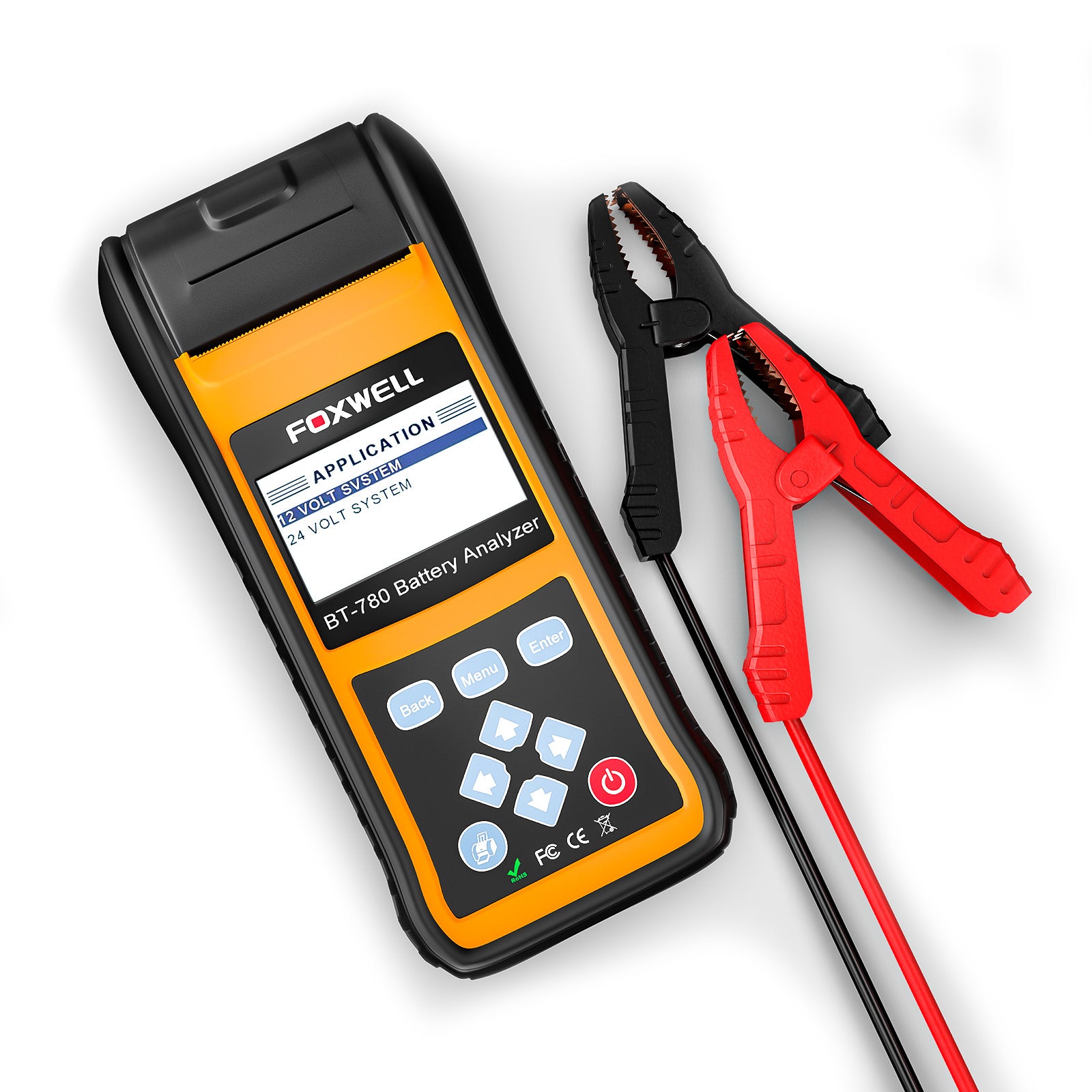
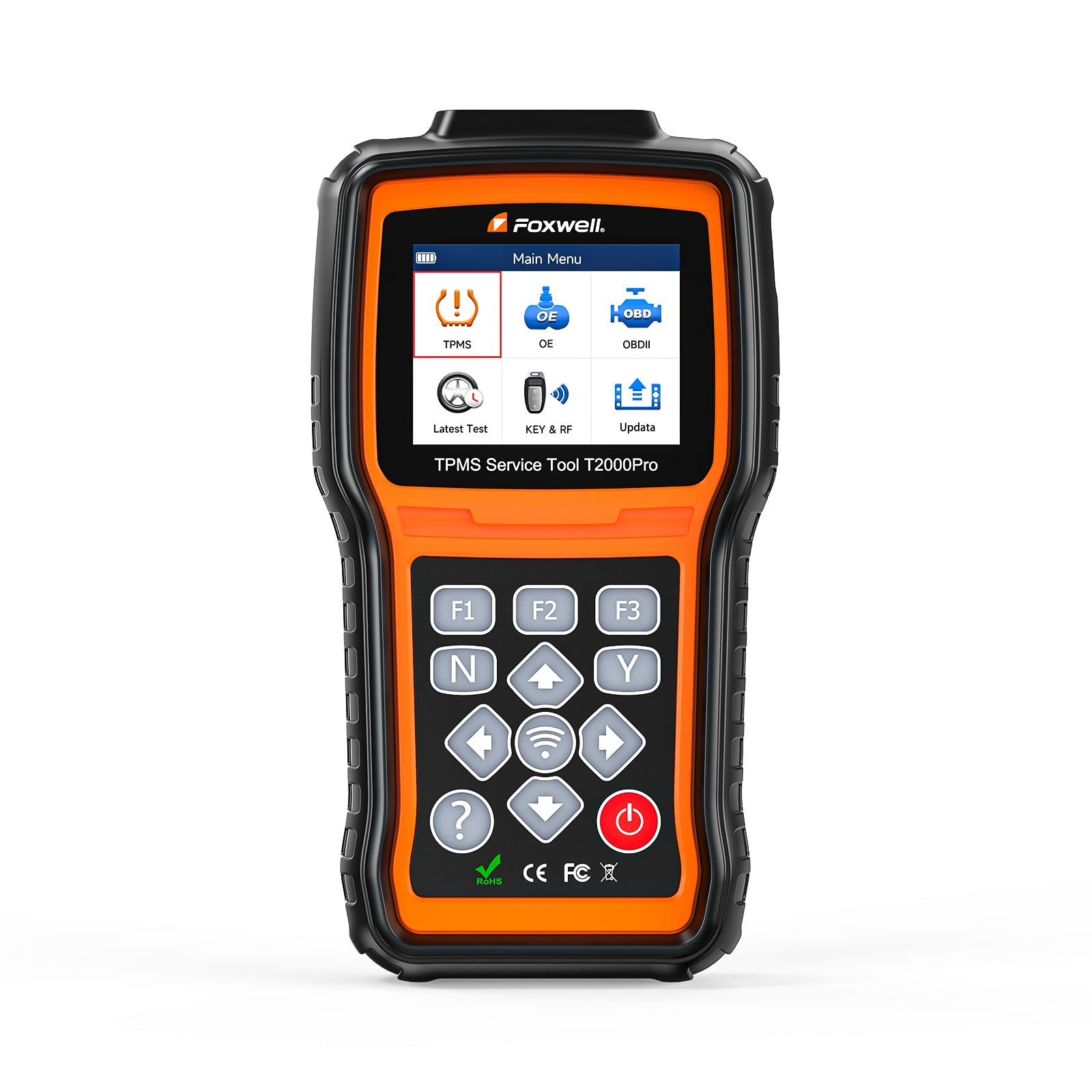
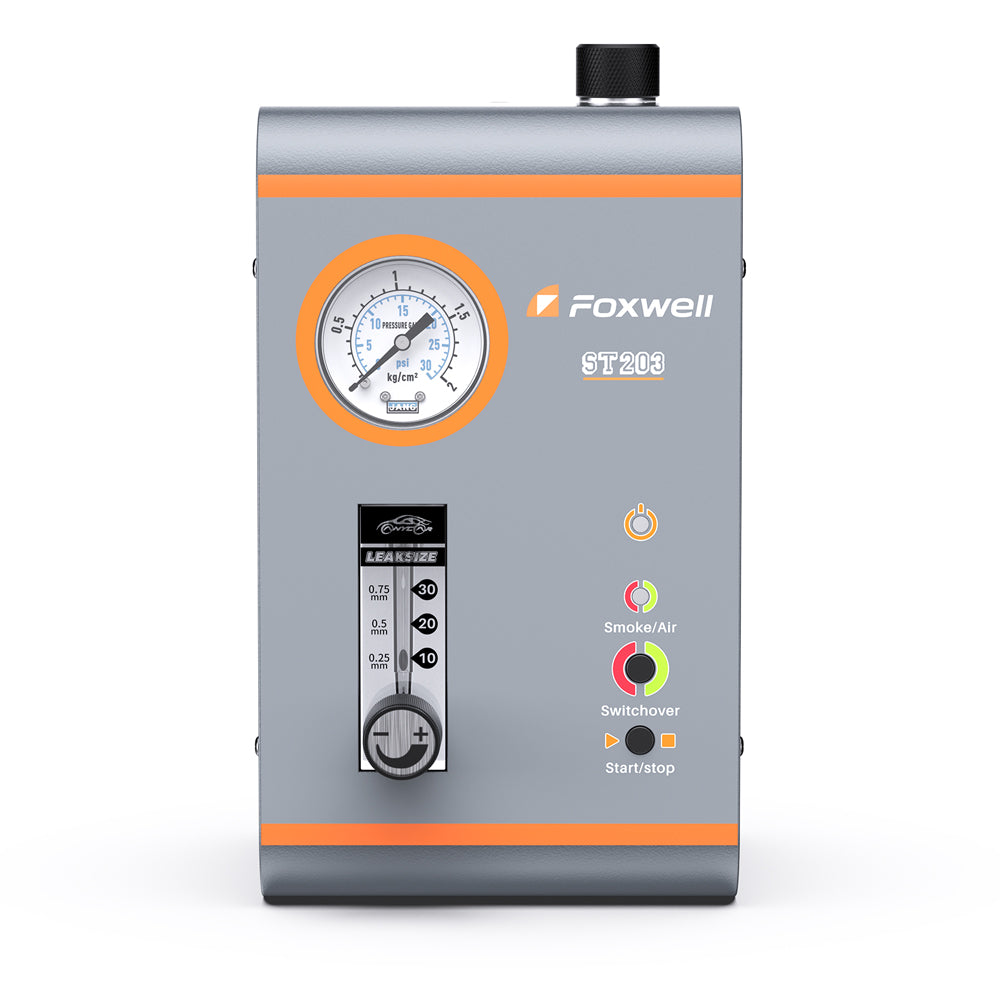
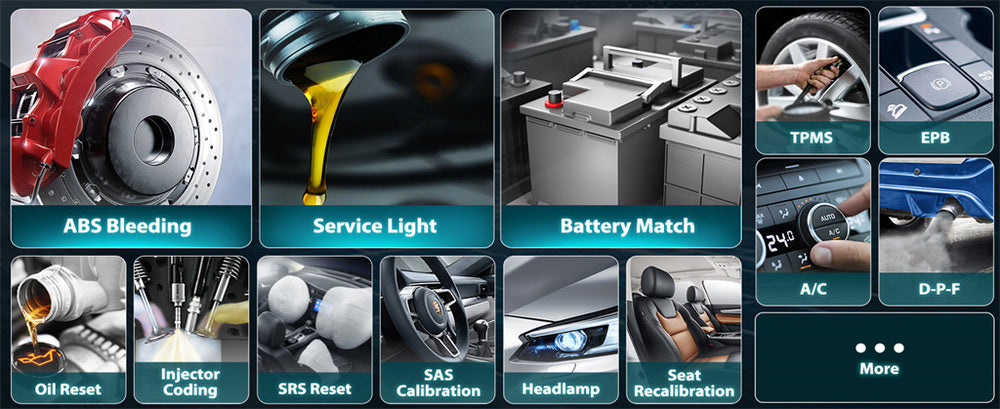
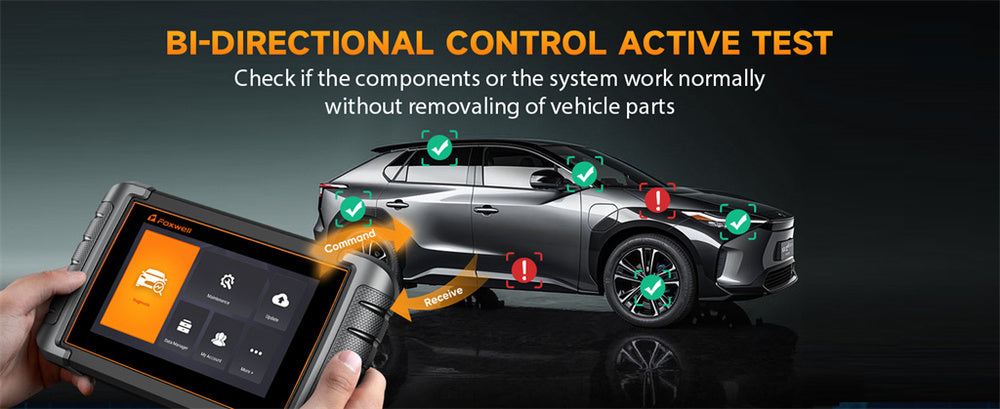
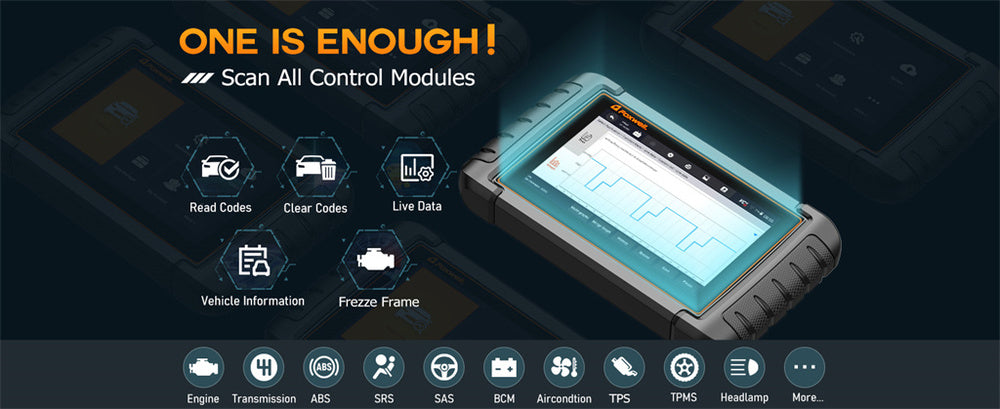
Leave a comment
This site is protected by hCaptcha and the hCaptcha Privacy Policy and Terms of Service apply.